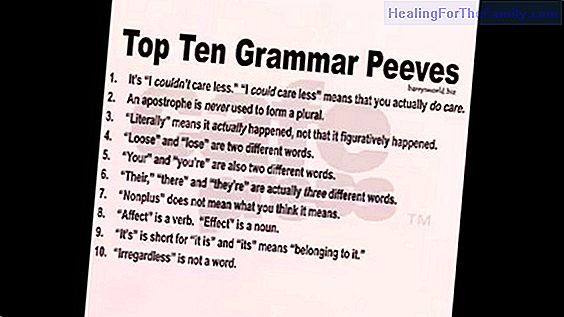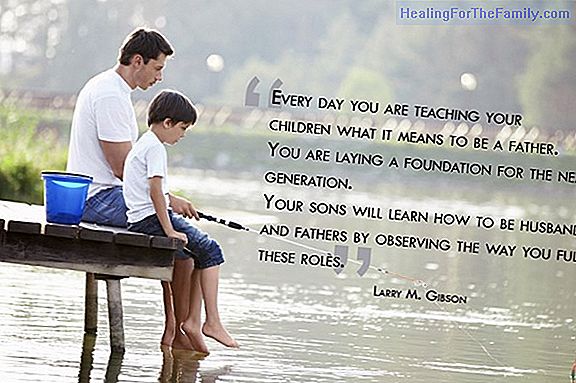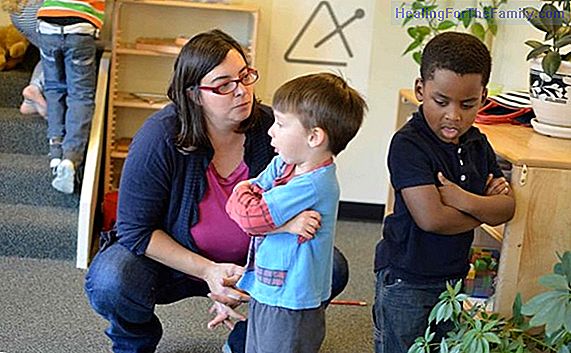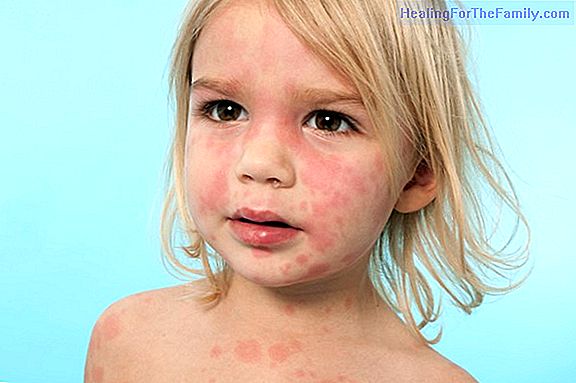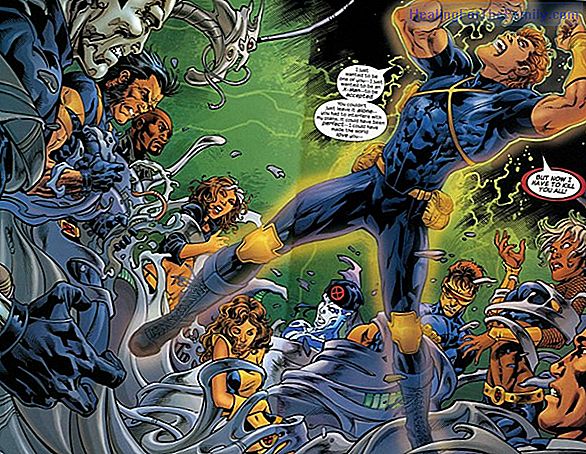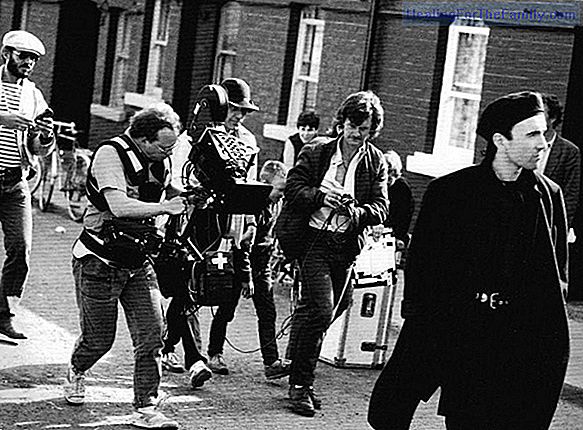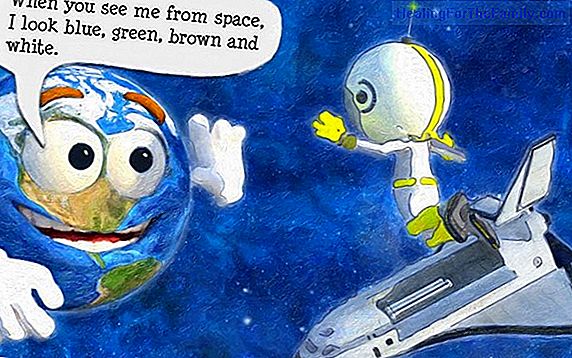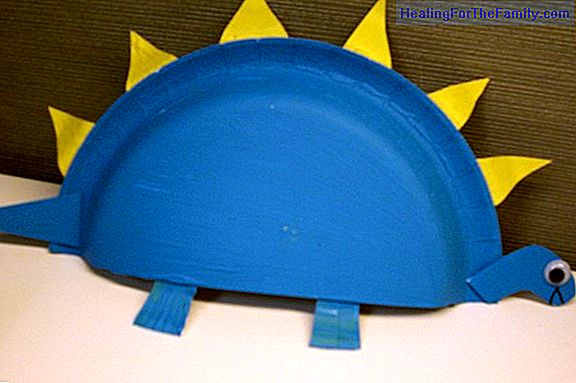Critical thinking in children
Critical thinking is the analysis and evaluation of the information we receive. It means listening to others, taking the positive, talking about the negative and based on that information, making decisions. When we think we form ideas in our head that we relate to assess a given situation. The abili
Critical thinking is the analysis and evaluation of the information we receive. It means listening to others, taking the positive, talking about the negative and based on that information, making decisions.
When we think we form ideas in our head that we relate to assess a given situation. The ability to reflect and reason in an efficient manner will lead us to make decisions and solve problems successfully, therefore, how much more information we have better results we will obtain. But ... is it something that can be taught to children?
Tips to educate critical thinking in children
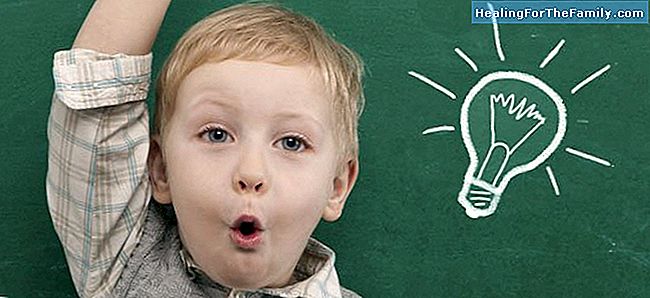
To teach children to think critically, it is very important:
- Not to impose our criteria and let them decide autonomously.
- Teach them to differentiate the important from the secondary.
- Teach them to analyze the pros and cons, to encourage them to ask questions and to be well informed, and for that, we must make them evolve in an environment where intellectual curiosity flows.
- We must choose topics that are of interest to children, encourage debate, provoke controversy, ask many questions and give different answers, compare and contrast stories, and of course, even if they are wrong, make them feel safe reinforcing Their confidence so that they have a personality of their own and are responsible when making decisions. We know that the brain can be trained to think in a logical and positive way.
Teaching them to look for explanations of life in general will help them to think and therefore to be aware and draw conclusions. It is essential to perform tasks in groups and make it clear that nothing happens because they have another point of view and do not agree with the opinion of others. They will also learn to develop values such as equality, tolerance, empathy: if I want others to take into account my feelings, I must take into account the feelings of others.
Activities to stimulate critical thinking in childhood
To stimulate critical thinking in children we can resort to activities such as:
1. Simple mathematical problems. Tom 2. Take news from the newspaper that they can value and give their opinion, for example the opening of a municipal market in their neighborhood.
3. Encourage reading and watching movies to debate later.
I leave you one of my children's poems, to work on differences and integration / acceptance, something very necessary in these times.
He did not think he was a rose. Poetry for children
A very red rose was born,
in a tomato garden,
that's why he always thought,
that although strange, it was a tomato.
The others were round,
she was very tall and thin,
and although everyone loved her,
and nobody said anything,
she grew very self-conscious,
thinking it was very strange.
They spoke two birds,
one afternoon distracted,
of the flower between tomatoes
so beautiful had grown.
'Who are you talking about?
Here there is no flower,
the beautiful rose told them when talking to them.
And seeing her so confused,
they took her out of her mistake:
'You are a beautiful flower,
you were born among tomatoes,
of name you call Rosa,
Did not anyone tell you before? '
The tomatoes looked at her, tampoco they did not know either,
as she was born among her bushes,
a tomato they believed her
The flower stretched proud,
knowing it was a rose,
but it stayed in the garden
high , slim and beautiful.
Reading comprehension questions about the text of the poem to make children think:
1. Who are the protagonists of our story?
2. Do you know where the roses are born?
3. Do you know where the tomatoes grow?
4. What is the relationship between rose and tomatoes?
5. Do you think being different from others is a problem?
6. Would you feel bad about being different?
7. Would you accept someone different in your environment?
8. Do you think there is a real problem in the relationship of the protagonists of this story?
9. Do you think the birds acted well by telling the truth to the rose?
10. Do you think it's important to be loved?
11. Do you think the rose makes a good decision? What would you have done instead?
12. How do you think the tomatoes would have felt if the rose had gone?
13. How do you think the rose would have felt if it had left?
14. Do you know any story similar to this one?
15. Which one?
Finally I leave you a phrase of
Antoine de Saint-Exupéry
, author of 'The Little Prince': 'I know there is only one freedom, that of thought'.


